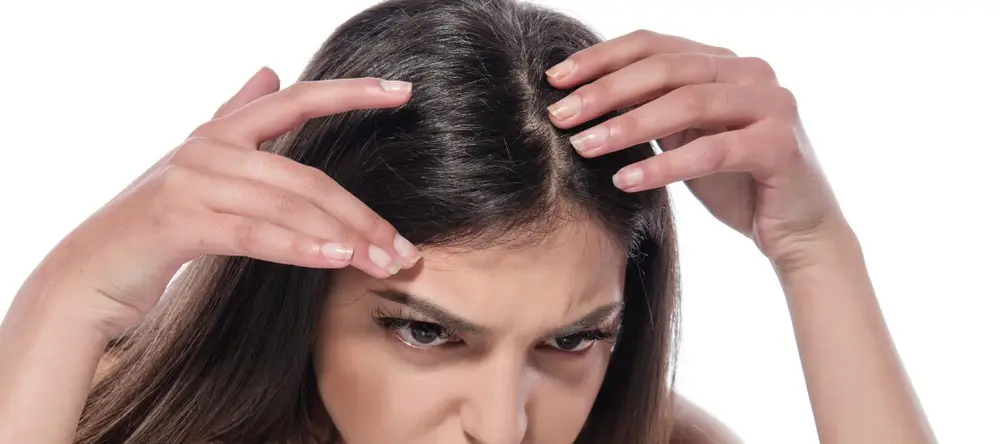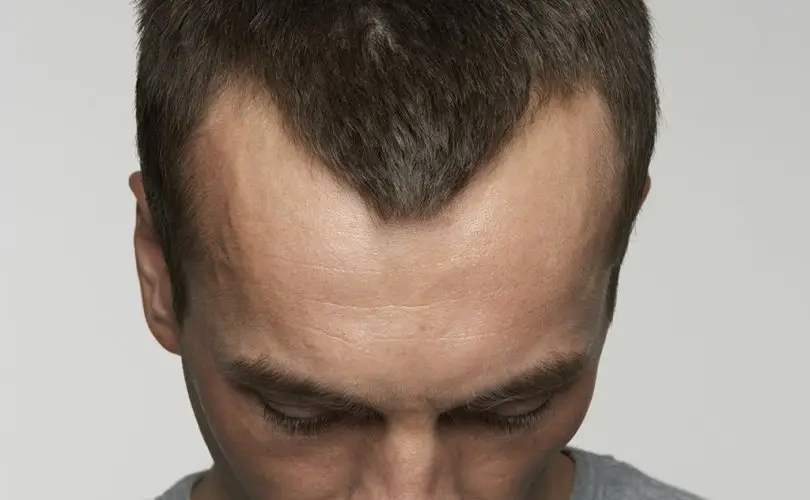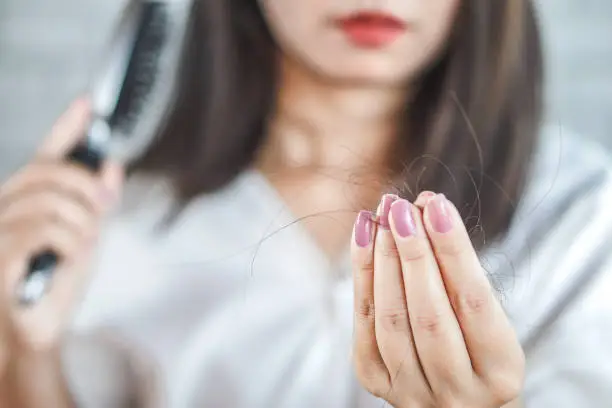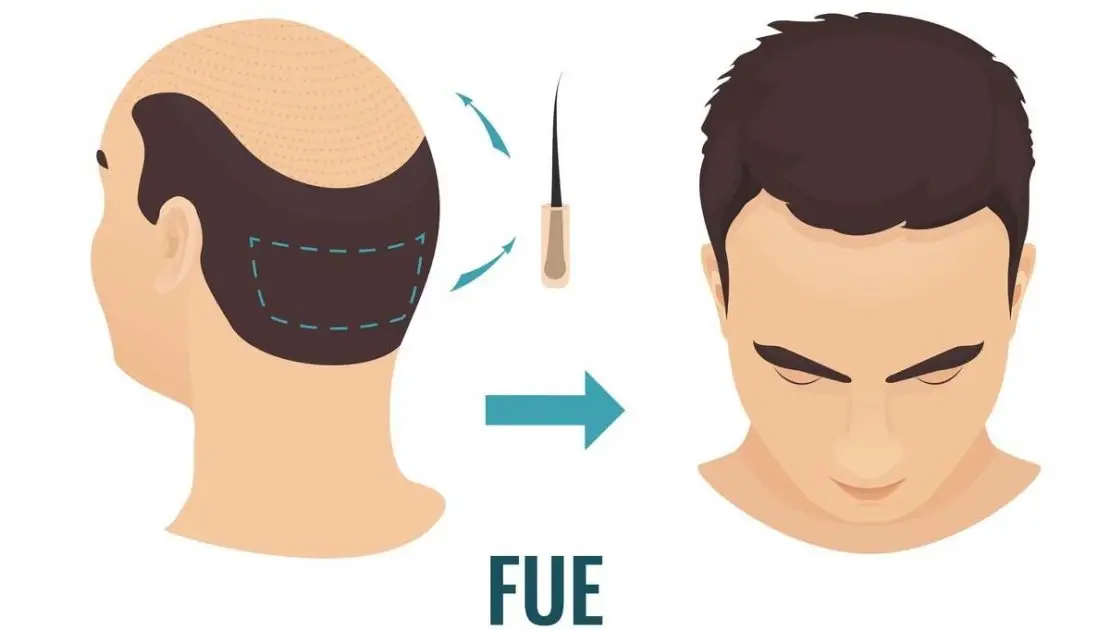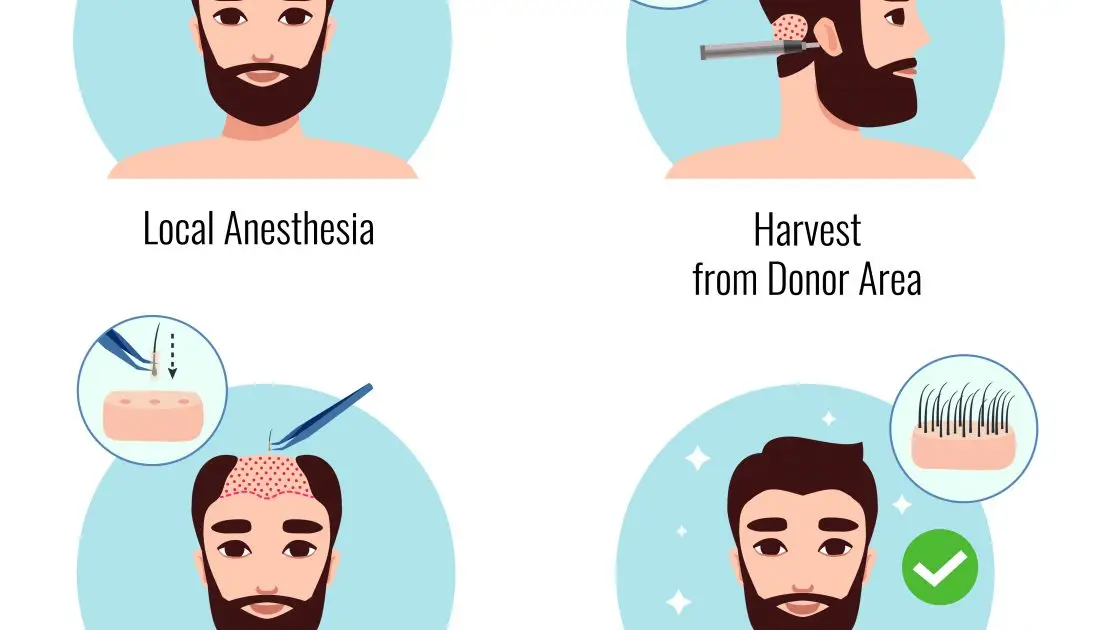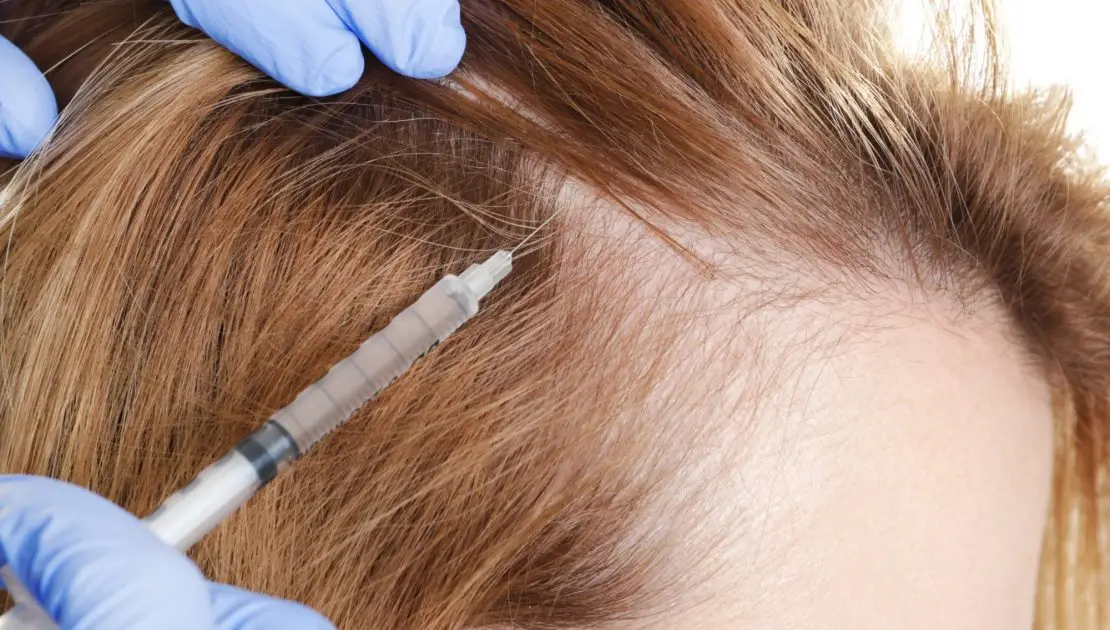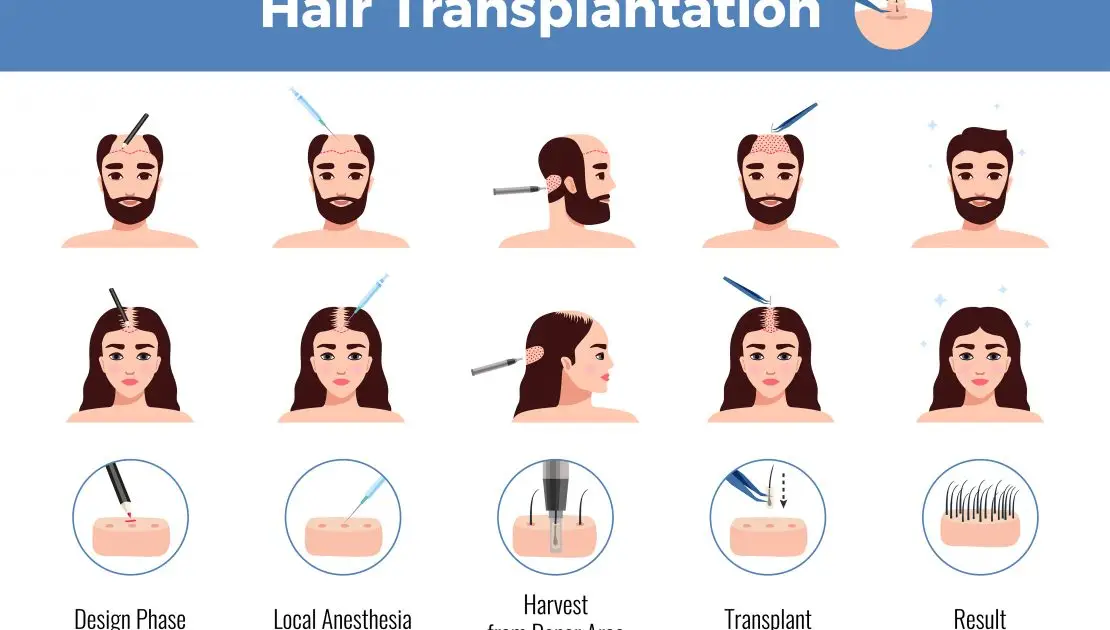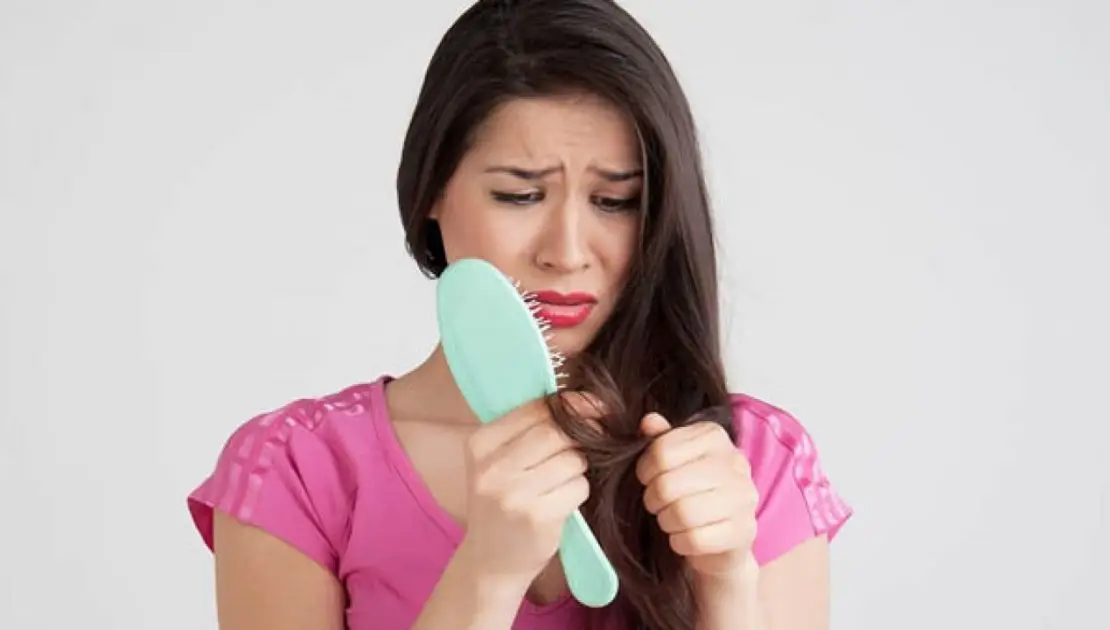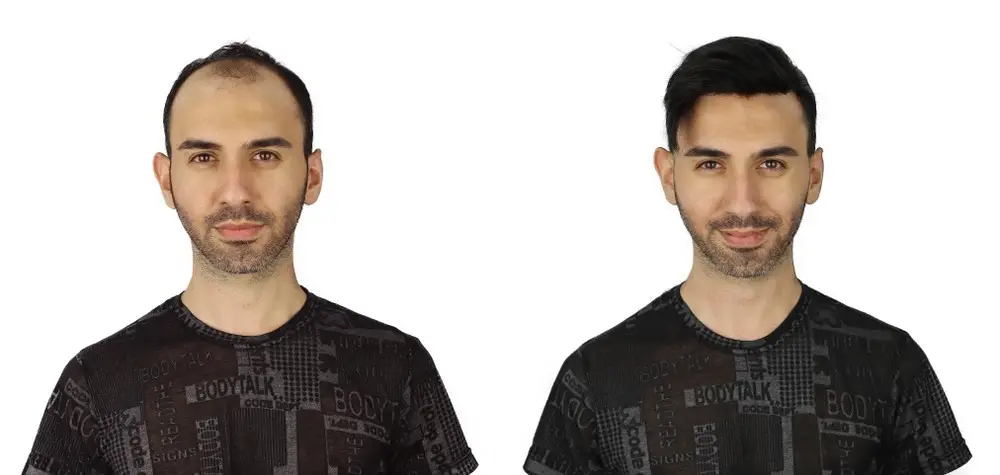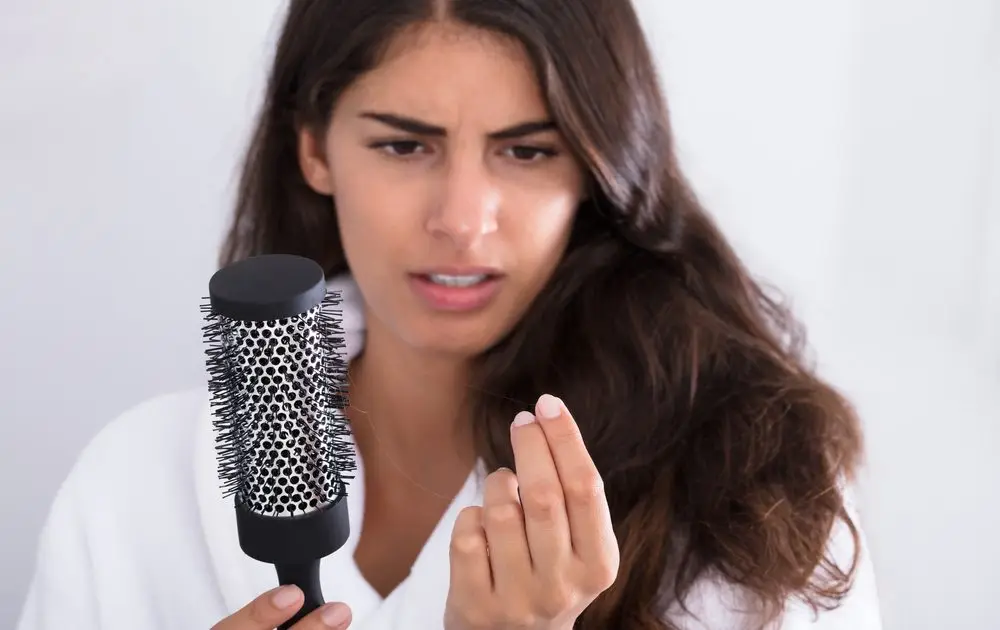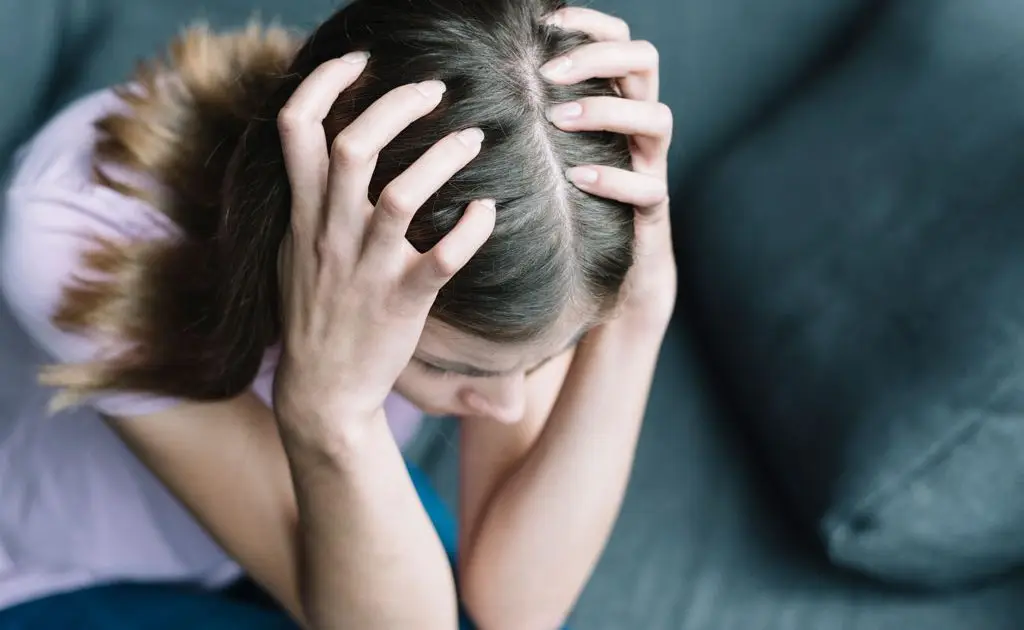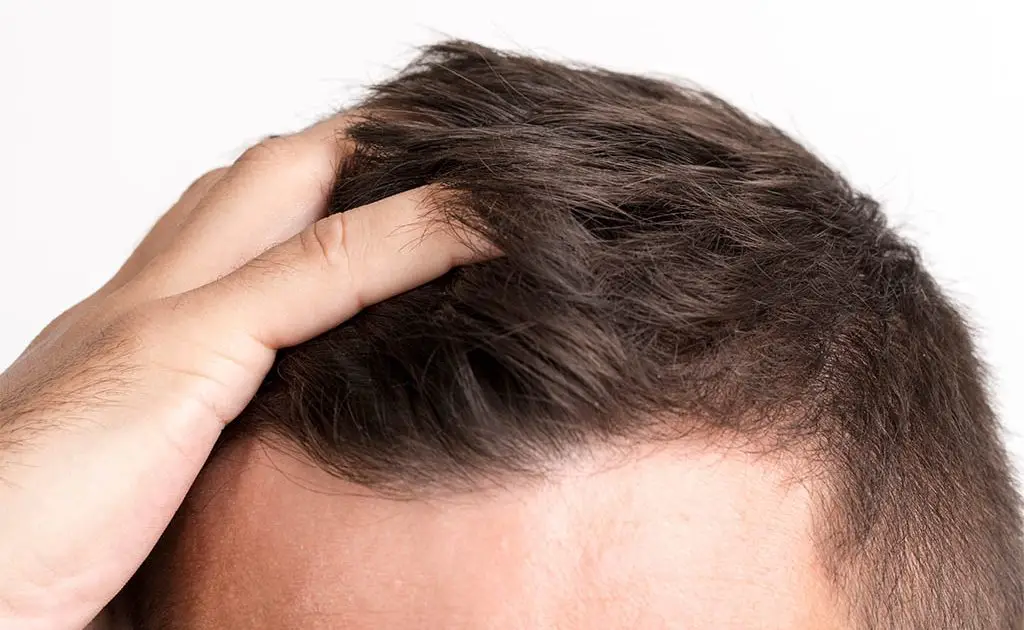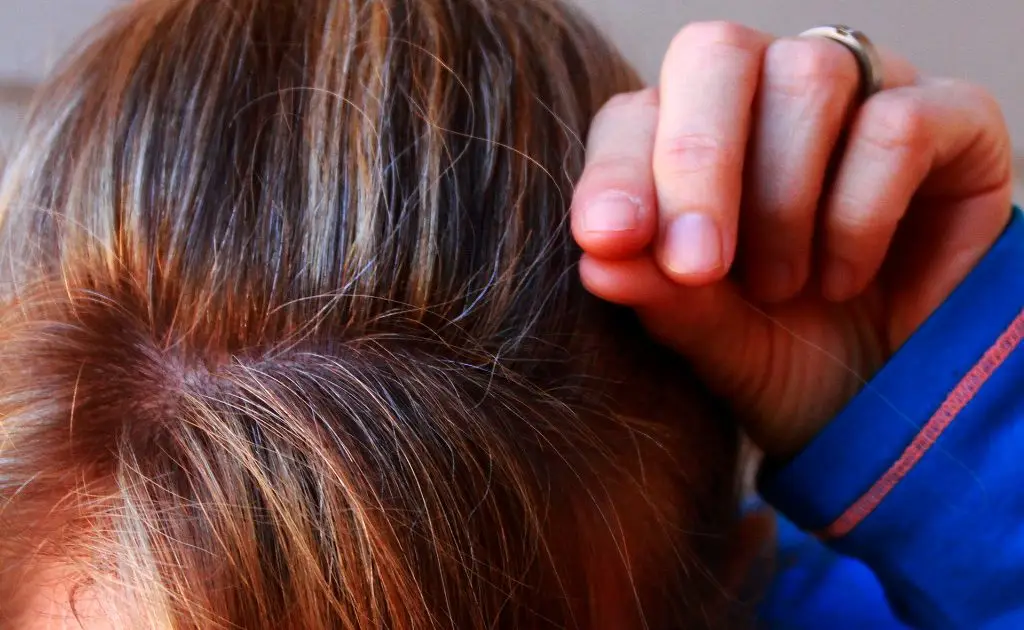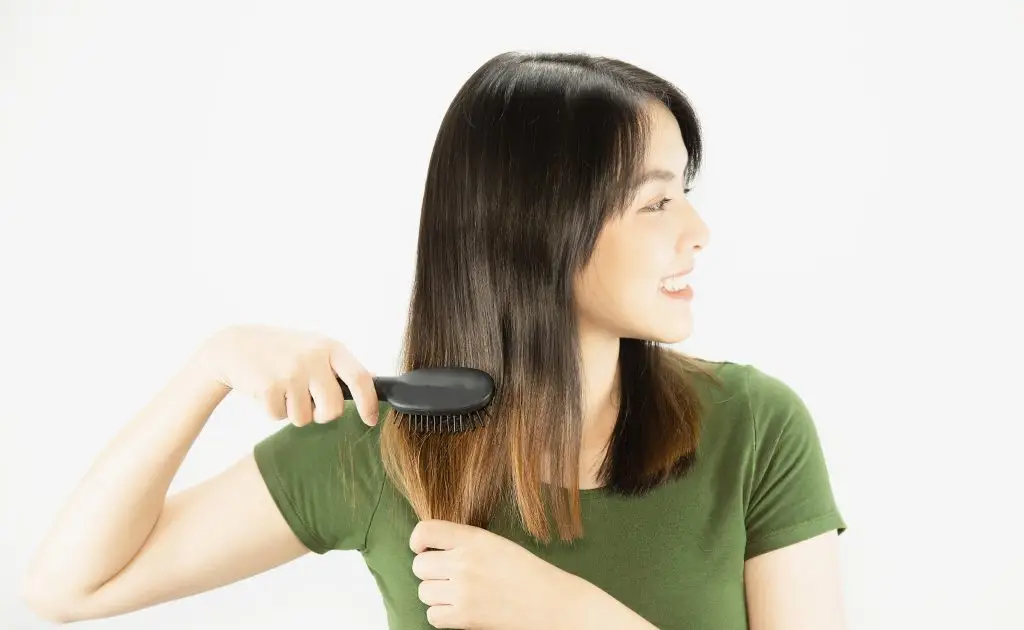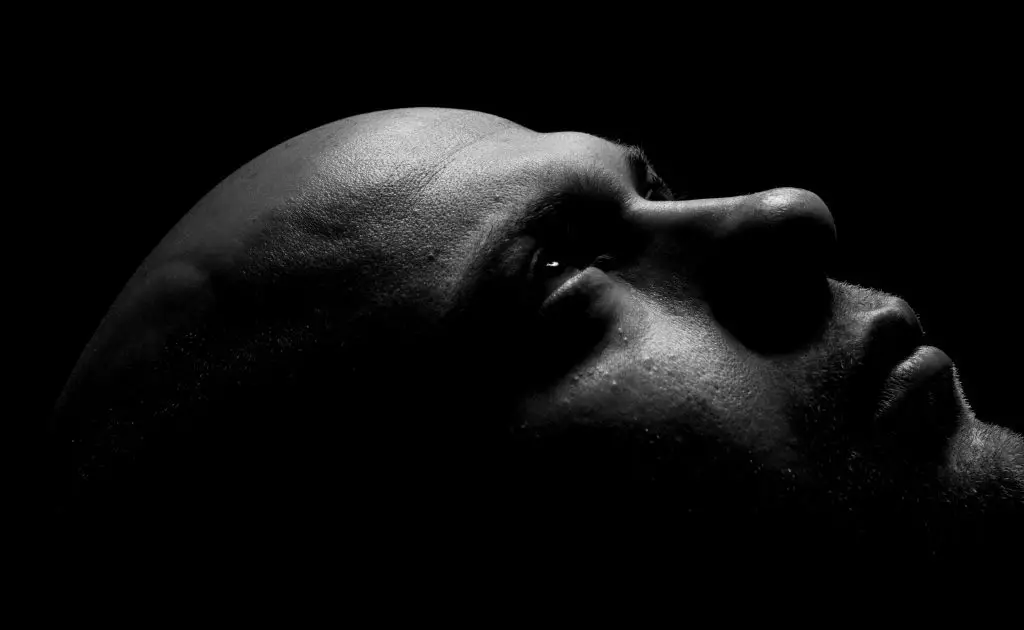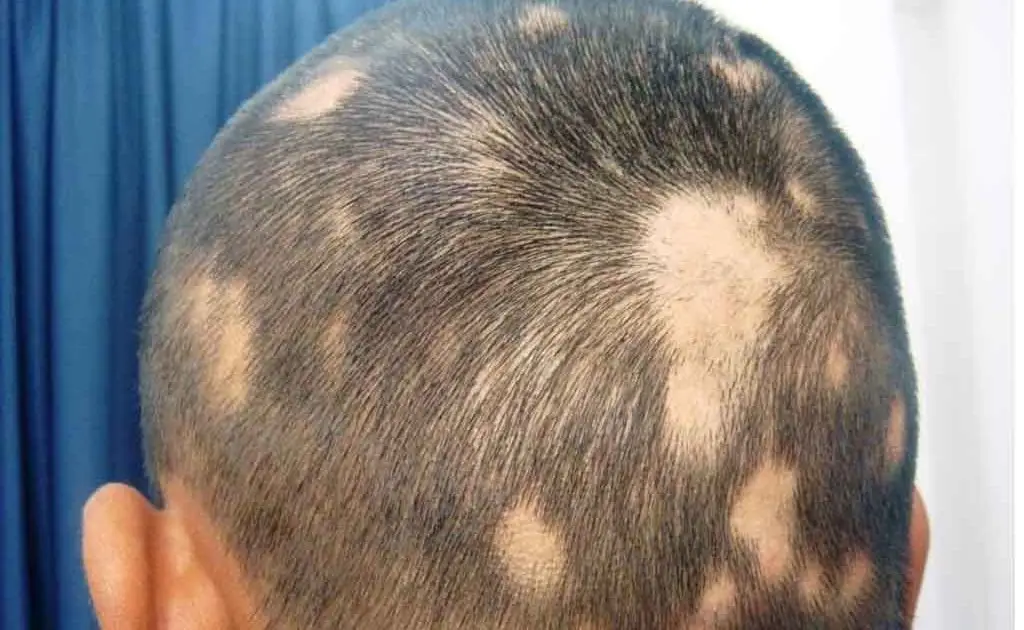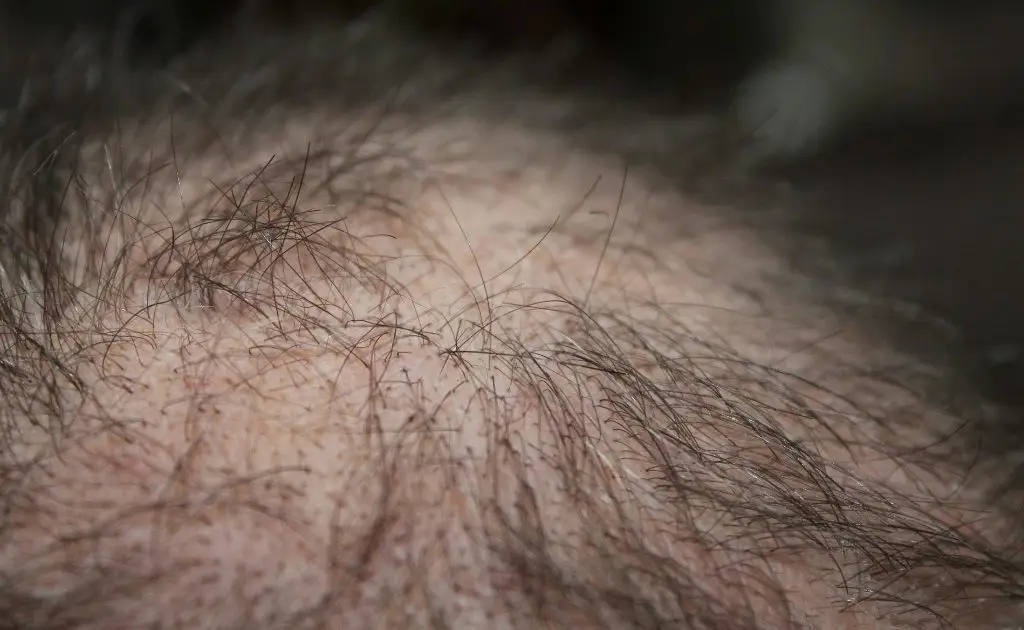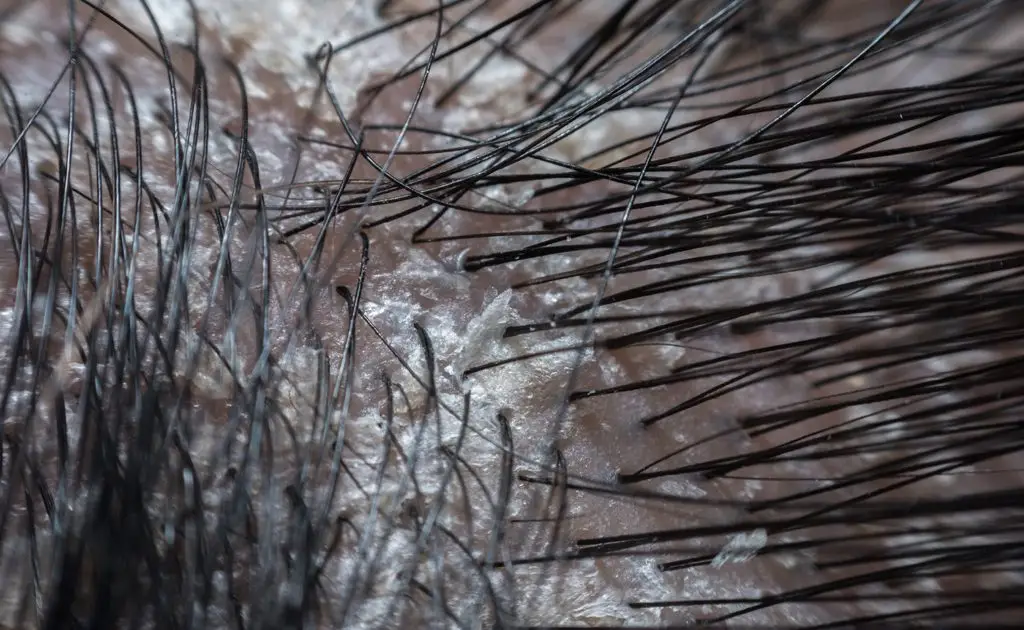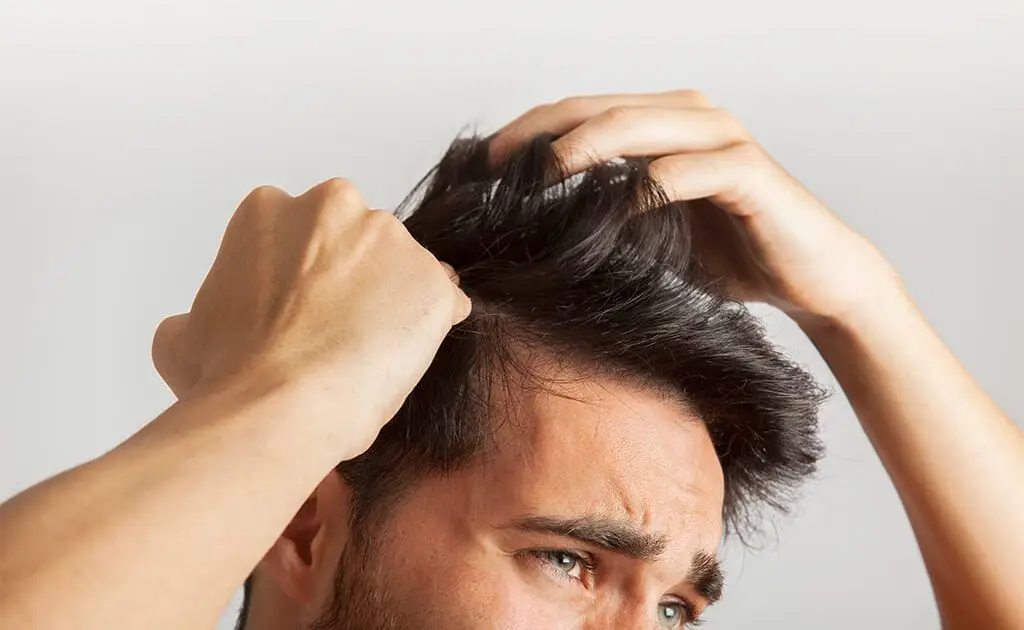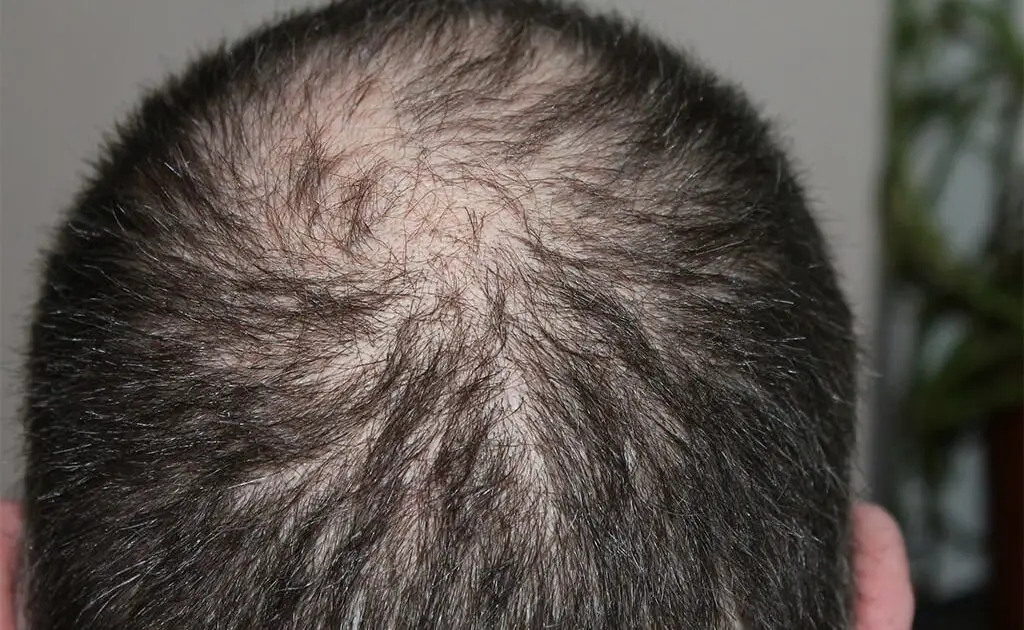With great hair comes great responsibility. While that might not be the original saying, it’s nevertheless true. Hair-care is a continual process, and your scalp’s health plays an indispensable role in it. The health of your scalp can have direct implications for your hair growth and quality. Consequently, knowing the major conditions that affect the scalp can prove exceedingly beneficial. Two such conditions, scalp eczema, and psoriasis are the primary causes of itchy and flaky scalps. While both these conditions have several overlapping symptoms, their causes and treatments vary significantly. Further, it is also possible that both of these can be affecting you at the same time. But first, let’s get a broader view by understanding Scalp Eczema Vs Psoriasis.
Scalp Eczema Vs Psoriasis
1. Symptoms
Psoriasis is a chronic autoimmune disease, which causes the skin production process to speed up. This results in a rapid buildup of skin cells on the skin and causes scaling. The scales are typically whitish silver and develop in inflamed thick red patches. Psoriasis is not just limited to the scalp and often affects other parts of the body.
Scalp Eczema is a condition that results in patches of dry scaly skin on your scalp which typically becomes inflamed, causing dandruff and itching. Scalp Eczema can also affect the face.
While both these diseases have some primary common symptoms including red, scaly skin patches with flakes and itching, a deeper inspection of the scales can help in differentiating between the two.
Psoriasis usually produces scales that are thick and silvery in appearance compared to the typically thinner and whitish-yellow scales caused by scalp eczema.
2. Causes
Both of these conditions lack exact known causes.
The psoriasis of the scalp can impact anyone but is more likely to impact those who suffer from psoriasis anywhere else on their bodies. It involves an overactive immune system and typically runs in families, which hints towards an underlying genetic aspect.
Similar to psoriasis, while scalp eczema too can affect anyone, it has been generally seen to be more common in men. Some of the risk factors that may contribute to scalp eczema are oily skin, stress, lack of sleep, weather extremities, alcohol-based grooming products, etc.
3. Treatment
Psoriasis is comparatively harder to treat and may require a combination of the following treatments for effective mitigation of the symptoms:
Topical corticosteroids for checking inflammation and suppressing skin cell growth;
1. Light therapy using either natural or synthetic lights can be effective in controlling the rapid growth of skin cells;
2. Severe cases may require systemic treatments using injectable medications.
The treatment for Scalp Eczema is generally less complicated than that of Psoriasis. In most cases Over-the-counter (OTC) shampoos or ointments containing selenium sulfide, ketoconazole, zinc pyrithione, salicylic acid, etc. can reduce flaking and relieve itching. Dietary restrictions and supplements along with stress management and sleep regularization have also been effective in some cases. More severe cases need stronger prescription products after a medical consultation.
To be on the safer side we recommend an expert consultation before going ahead with a medication.
